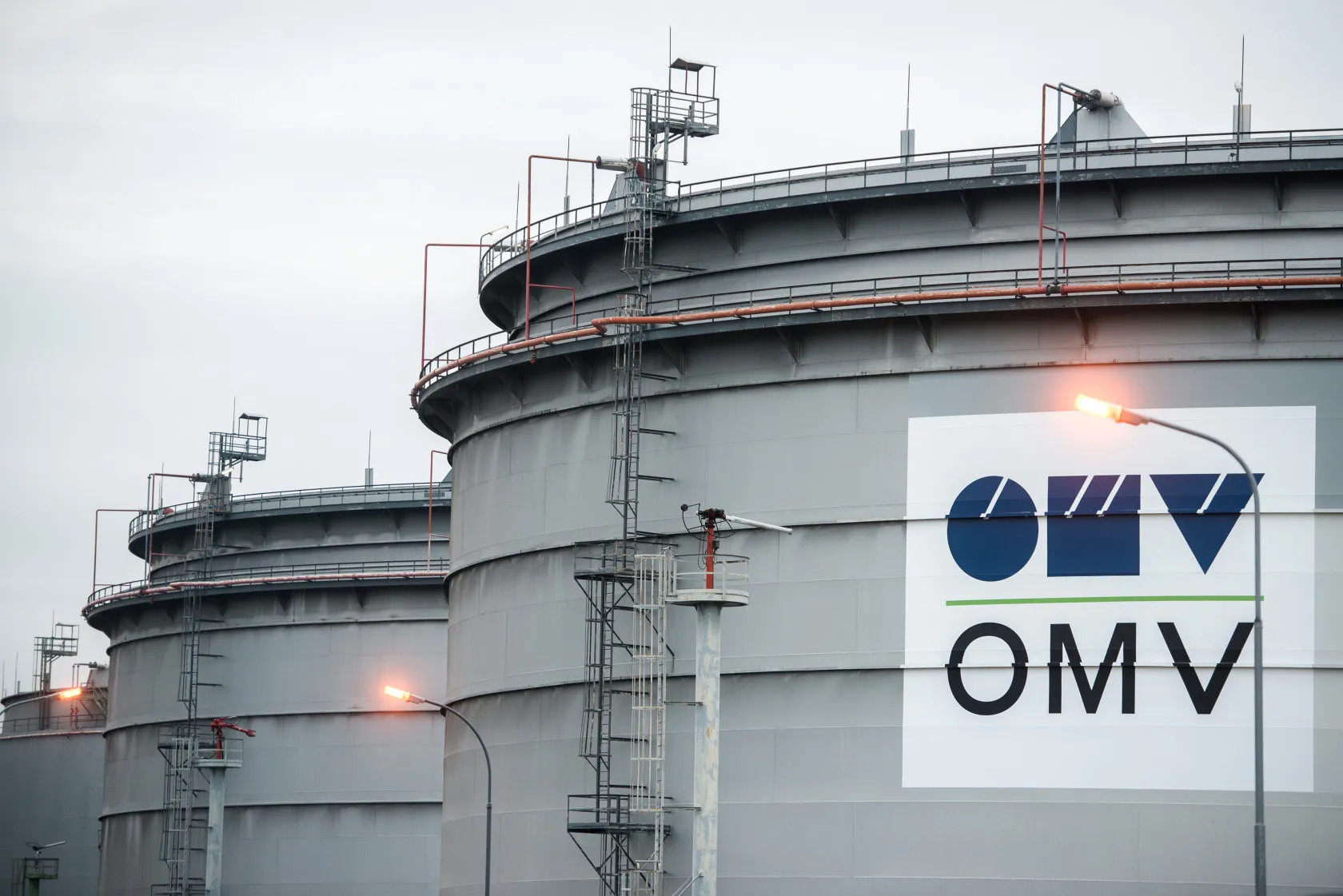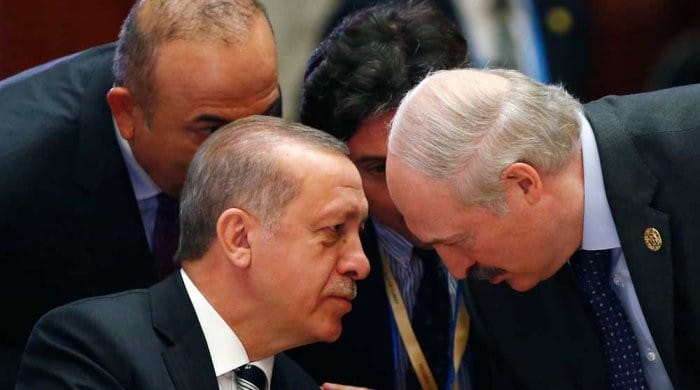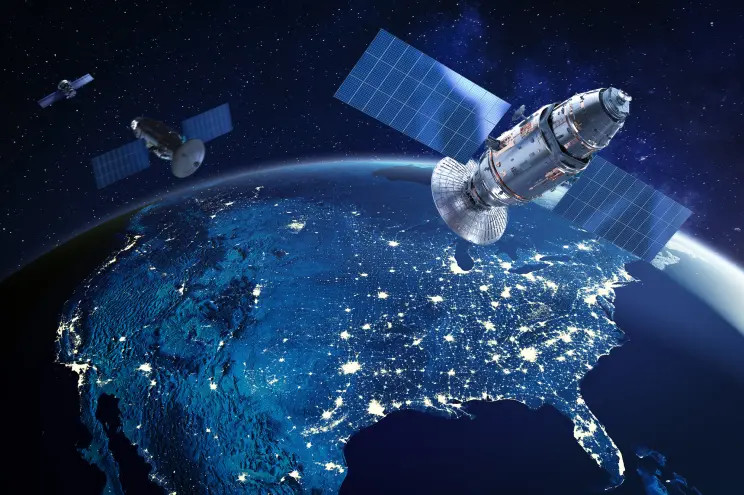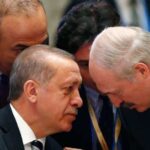On September 30, 2025, the Austrian Ministry of Foreign Affairs declared a Russian embassy official persona non grata following a spy scandal involving OMV, Austria’s largest oil and gas group headquartered in Vienna. The diplomat has already left Austrian territory. The incident marks a notable escalation in Vienna’s response to suspected espionage activities tied to Russia.
Details of the OMV espionage case
Austrian authorities linked the diplomat to multiple meetings with a recently dismissed OMV executive suspected of passing sensitive corporate data to Moscow. Investigators discovered numerous internal documents at the former employee’s residence. Prosecutors have opened a criminal case, but it remains unclear whether the suspect acted alone and how long the alleged spying had been ongoing. Russia’s refusal to waive diplomatic immunity for the official further deepened tensions, prompting Austria to take decisive action.
Growing concerns over Russian intelligence in Austria
Security analysts note that Vienna has increasingly become a hub for covert Russian operations. In 2024, The Wall Street Journal reported growing Western concern over Moscow’s activities in Austria, where agents operate under diplomatic cover. Austria now hosts over 500 Russian diplomats, a significant rise from about 400 two years ago, with intelligence suggesting roughly half may conduct espionage. Many transferred from the closed Russian consulate in Munich, bringing with them resources and operational networks across Europe. Surveillance equipment reportedly installed on nearly 40 diplomatic properties in Vienna further underscores the scale of these operations.
Financial and political implications for Austria and Europe
Austrian intelligence revealed that Russia moves large sums of cash into Austria, subsequently distributing funds across Europe via diplomatic channels protected from inspection. These developments have sparked parliamentary calls to end what some lawmakers call Austria’s “dangerous inaction” toward Russian espionage. Critics argue such lapses undermine broader European efforts to counter Kremlin influence and disrupt strategic security cooperation within NATO and the EU.
Historical context of Austrian–Russian ties
The latest incident comes amid scrutiny of longstanding Austrian–Russian connections. Former Austrian Chancellor Wolfgang Schüssel previously held board positions with Russian energy giants MTS and Lukoil, resigning only after Moscow’s 2022 invasion of Ukraine amid mounting criticism. Similarly, former Foreign Minister Karin Kneissl served on Rosneft’s supervisory board until May 2022 and later relocated to Russia, leading an analytical center in St. Petersburg and amplifying Russian narratives. These cases fuel concerns about the depth of Russian influence in Austria’s political and economic spheres.
Austria’s expulsion of the diplomat sends a strong signal about its growing intolerance of espionage threats but also raises questions about Vienna’s capacity to counter long-standing covert influence without undermining its diplomatic posture. The episode is likely to sharpen scrutiny of Russian intelligence activity across Europe.













